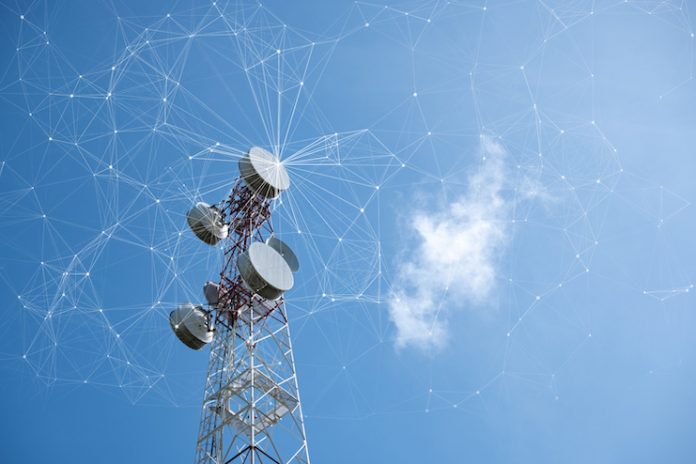
Elevated guest expectations for digital, frictionless experiences and hotel labor shortages are driving hotel operators to deploy more technologies. The increased use of network-dependent technology applications in hotels is creating additional strains on networks that are often already having difficulty managing current bandwidth demands. Upgrading to 5G may be a good solution to this challenge and offers several benefits: improving guest satisfaction, enhancing event experiences, and streamlining operations to increase efficiency.
Improving Guest Satisfaction
A streamlined mobile experience gives guests access to all services—such as mobile check-in, room key entry, and checkout—from virtually anywhere. Guests can easily use their mobile phones to order a drink or book a spa session while sitting by the pool, for example. The hotel can also push mobile notifications about menus or daily specials at on-site restaurants.
This technology makes for a more personalized experience, especially when combined with loyalty programs and artificial intelligence. Room environmental controls could default to a guest’s history, preferred amenities might be proactively offered, and digital signage could even serve messages in a guest’s room or around the hotel based on history and preferences. Smart chatbot concierge services can handle smaller requests, freeing hotel staff to focus on other duties.
Finally, smart room technology can enable guests to operate in-room thermostats, lights, shades, and other amenities remotely from their mobile devices. With in-room entertainment platforms, hotels can turn TVs into a virtual concierge, enabling guests to order room service, make reservations, check out, screencast from their mobile devices, and much more.
With such an enhanced, immersive, and personalized experience, hotels can seamlessly market add-on services by integrating those messages into a guest’s experience as they move through the property, thereby improving the effectiveness of its promotions.
Enhancing Event Experiences
Events and conferences can represent a major portion of a hotel’s revenue, and anyone who has ever attended a large conference can tell you how often internet and WiFi connectivity poses a challenge in large group settings. Historically, pre-set limits on bandwidth have limited engagement and entertainment possibilities.
5G delivers increased bandwidth, removing those limits and enhancing presentations by making augmented and virtual reality possible. Real-time navigation and personalization enables event organizers to create a more connected experience and empowering attendees to get more out of the conference or event.
5G could also support smooth, real-time language translations for greater cross-cultural inclusivity, improve streaming services, and create new avenues for streaming events to remote audiences. On the ground, these networks enable superior connectivity between security personnel to bolster and reinforce event security.
Streaming Hotel Operations
There are operational benefits to updating a hotel’s network to 5G, including better visibility and control of functions, such as monitoring room temperatures and lighting throughout the property. This could help hotel operators track energy consumption and meet sustainability goals.
Asset-tracking capabilities, enabled by internet of things (IoT) devices, can free hotel staff from having to locate equipment, luggage carts, and cleaning supplies, for instance. Robots can perform routine tasks like delivering room service, cleaning common areas, and wayfinding for guests.
A 5G-connected network can also enable a comprehensive view of hotel operations, including foot traffic, asset movements, and supply chains, generating both real-time and longer-term macro insights about industry, consumer, and supplier trends. Such insights give hotel operators the information they need to optimize resources, staff, equipment, energy, sales, marketing, and more.
Tomorrow’s Hospitality
A 5G-connected hospitality industry isn’t just about faster internet speeds (although, of course, that’s part of it). It’s about what that robust network enables: enhanced services, personalized experiences, and increased efficiencies. It’s about removing hassle and providing guests with what they need when they need it and dynamically making smart recommendations that will enhance their experiences. It’s about not letting things go to waste, whether resources or opportunities to improve a guest’s stay.











